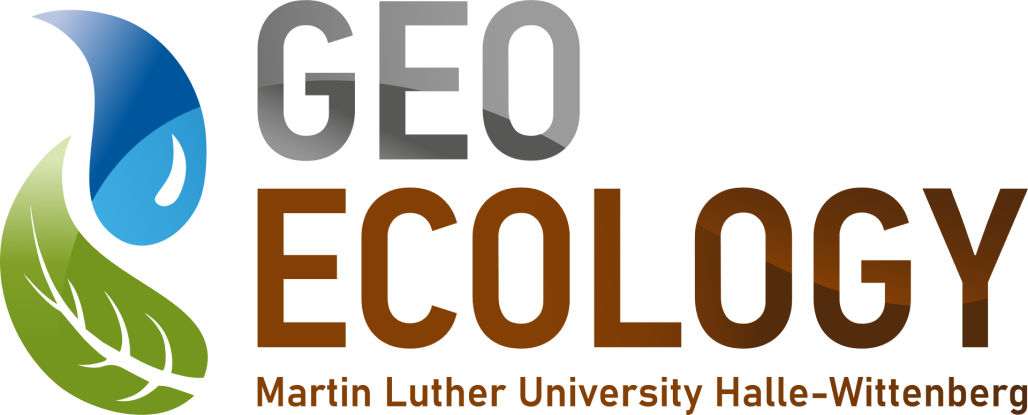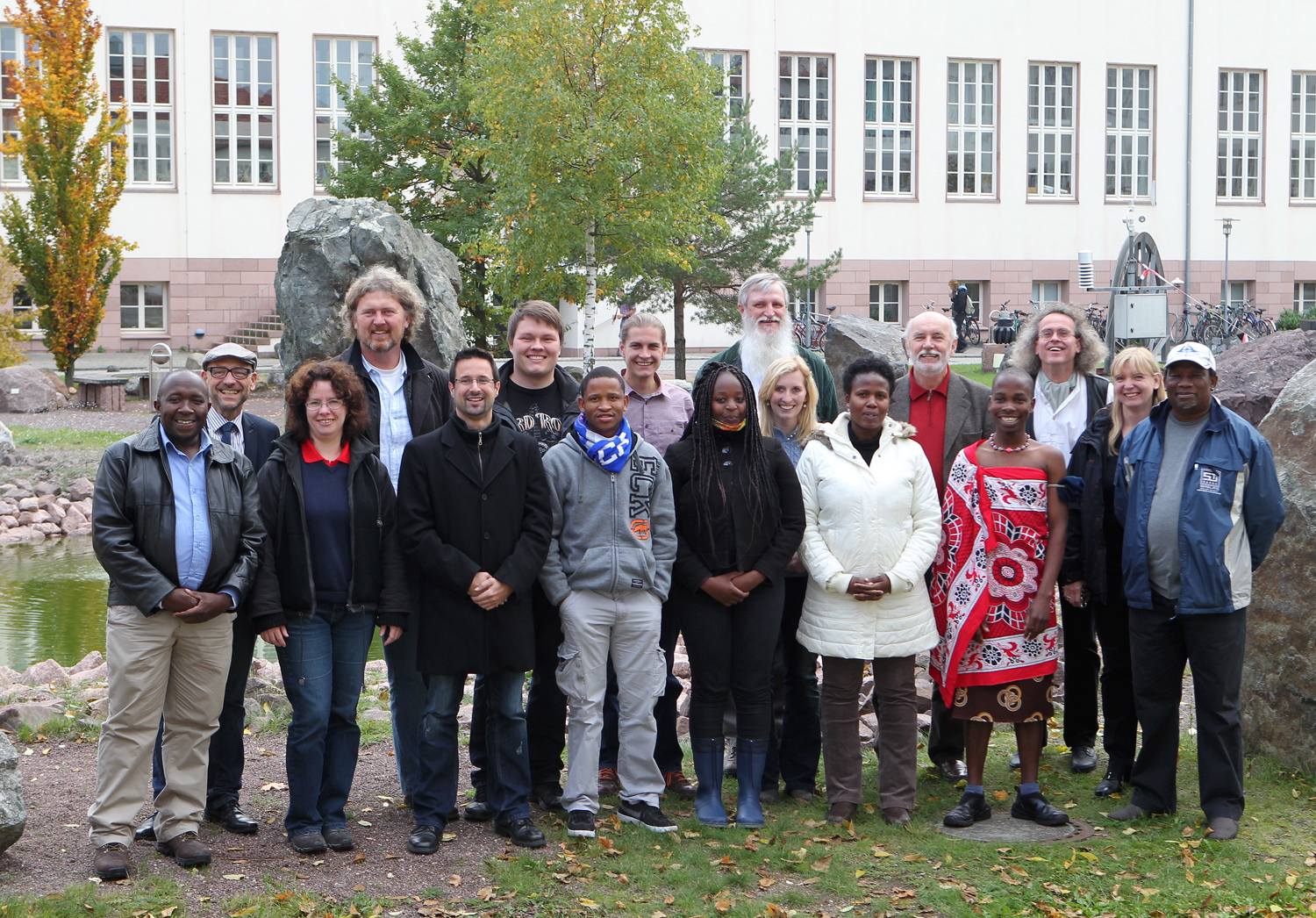The further development of technical and didactic competences for spatial geoecosystem cause-effect relationships among students, which is the aim of this project proposal, can be expected to have positive effects on the education of the participating universities in southern Africa and at Halle University in several respects. By including German students in the project implementation, the opportunity for jointly supervised qualification work is to be seized and a further qualification of the cooperative relationships is to be achieved. Finally, this will also make an active contribution to the internationalisation strategy of the Martin Luther University. A noticeable deficit among the students in South Africa and Swaziland is in the competence area of spatial orientation – an area that is also not trivial for German students. For example, the African students, and in some cases also the lecturers there, find it difficult to spatially locate results from environmental studies on maps and thus to grasp cause-and-effect relationships in spatial terms. Even the retrieval of a clearly recognisable location and its positional relationships in the map image poses a major problem. To an even greater extent, this also applies to land use differentiations in terms of their process relevance. However, this localisation is a prerequisite for recognising and assessing material and energy flows in ecosystems from the perspective of cause-effect relationships and for developing and justifying control measures.
Sub-project leader:
- Manfred Frühauf
Team:
- Gerd Schmidt
- Michael Zierdt
- Dorothee Kley
- Martin Lindner
- Heinz Beckedahl
- Michael Marz
- Alexander Finger
- Daniela Hottenroth
- Moritz Koza
Background and objectives:
- Creation of 2 modules with a focus on: Spatial geoecosystem-based cause-effect analyses
-
- Processes between landscape elements/land use systems
- Geoecosystem change
- Location and orientation in space
- Implementation of the modules in the curriculum of the participating universities
- Stimulate exchange between UKZN and UNISWA universities through joint project development
Project partners:
- Didactics of Geography, Martin Luther University Halle-Wittenberg
- University of KwaZulu-Natal
- University of Swaziland
Methodical approach:
- Introduction to the basic principles of land degradation and erosion
- Geosystem analysis and decision making
- Identification of land degradation issues in the field
Expected results:
Two study modules are to be developed in a cooperative process between the subject colleagues of the participating countries and the subject didactics of MLU, which contribute to the competence development of a spatial orientation as well as to the empowerment of the independent application of basic analysis methods in the field. Spatial geoecosystem-oriented cause-and-effect analyses are used to spatially represent processes with landscape elements and with the help of geographic information systems.

